Toulouse — the vibrant capital of southwestern France — recently hosted the 2025 national colloquium of the Association Nationale des Élus de la Vigne et du Vin (ANEV). Organized with the support of the Interprofession des Vins du Sud-Ouest (IVSO) and the City of Toulouse, the event gathered elected officials, researchers, professionals, and European networks around a shared conviction:
wine tourism is a key driver for cultural, economic, and territorial vitality
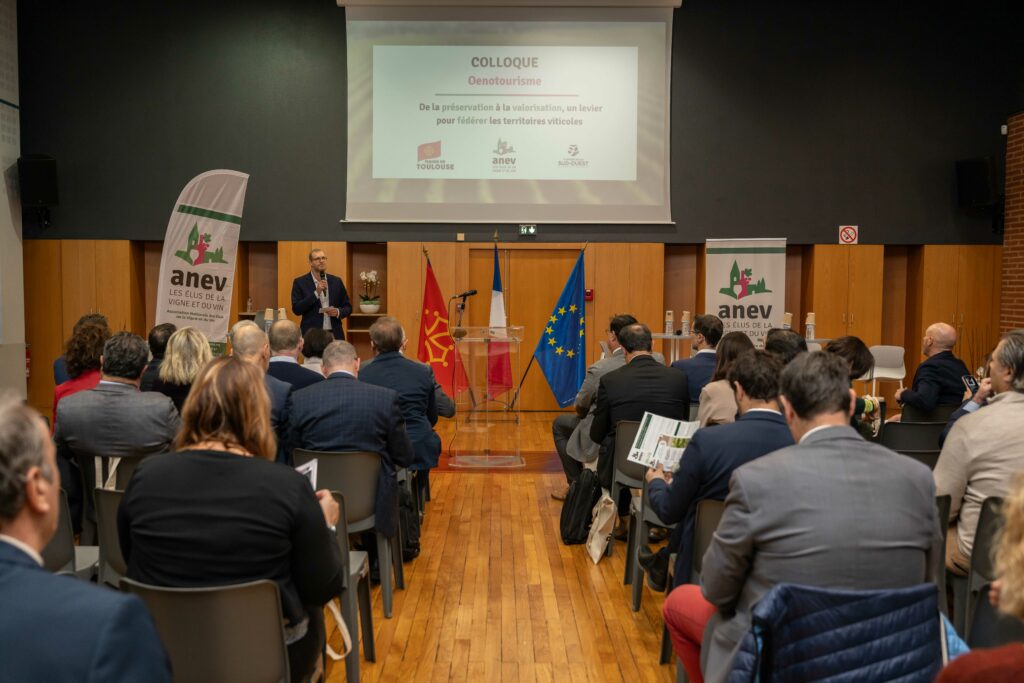
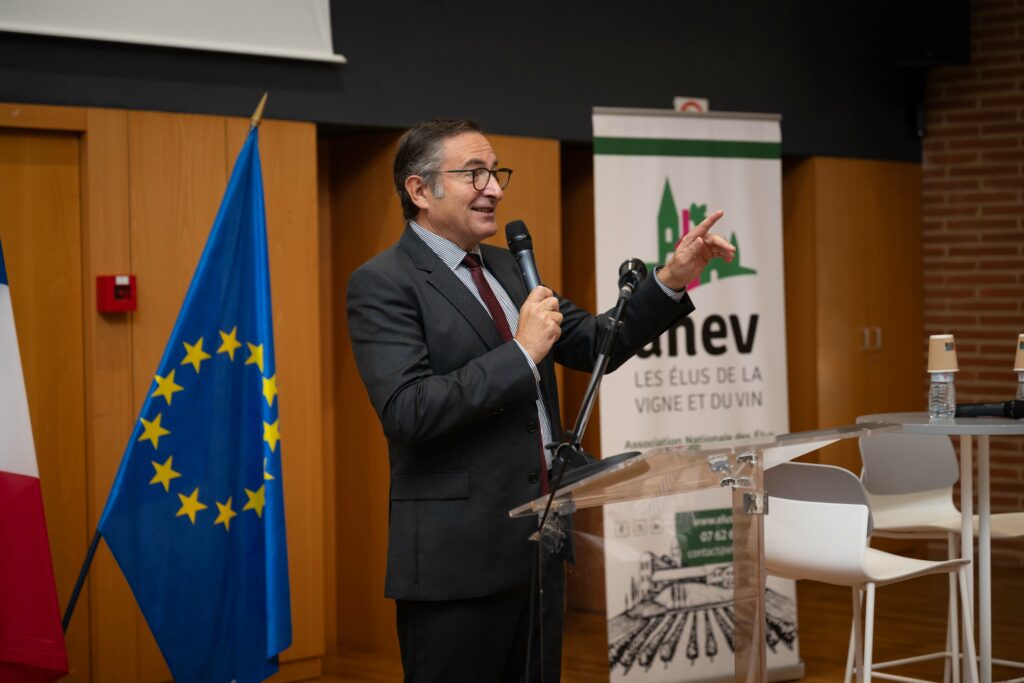
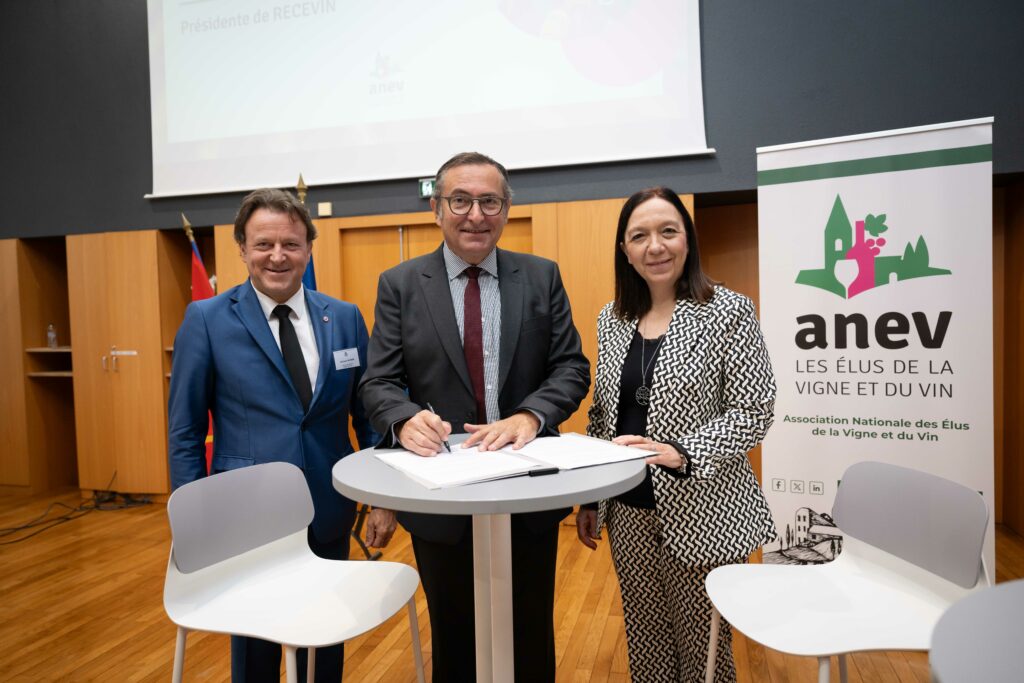
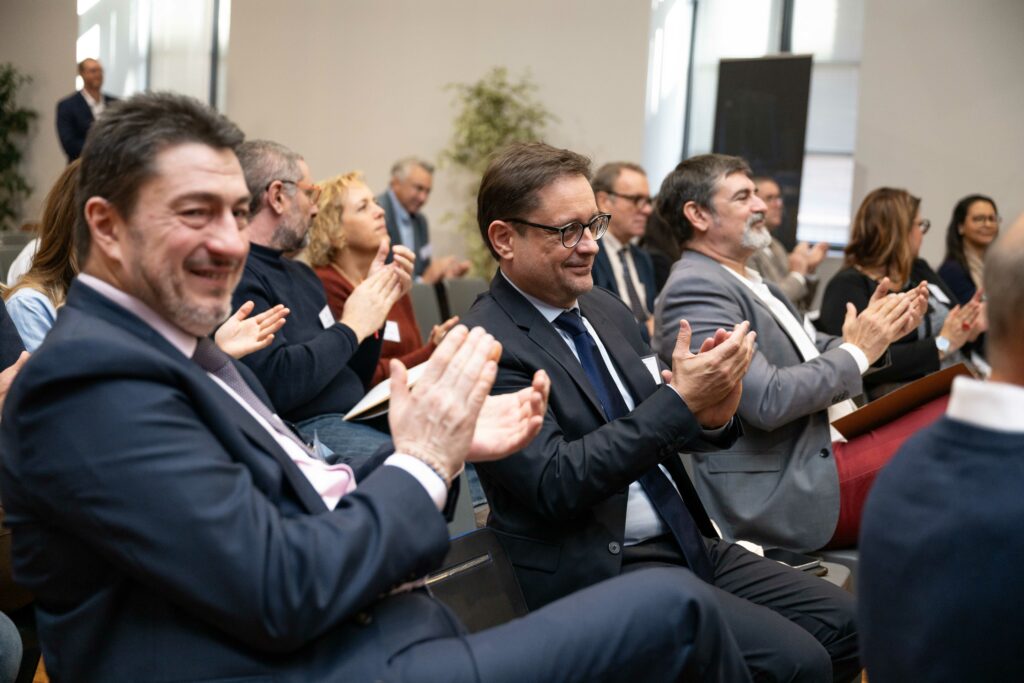
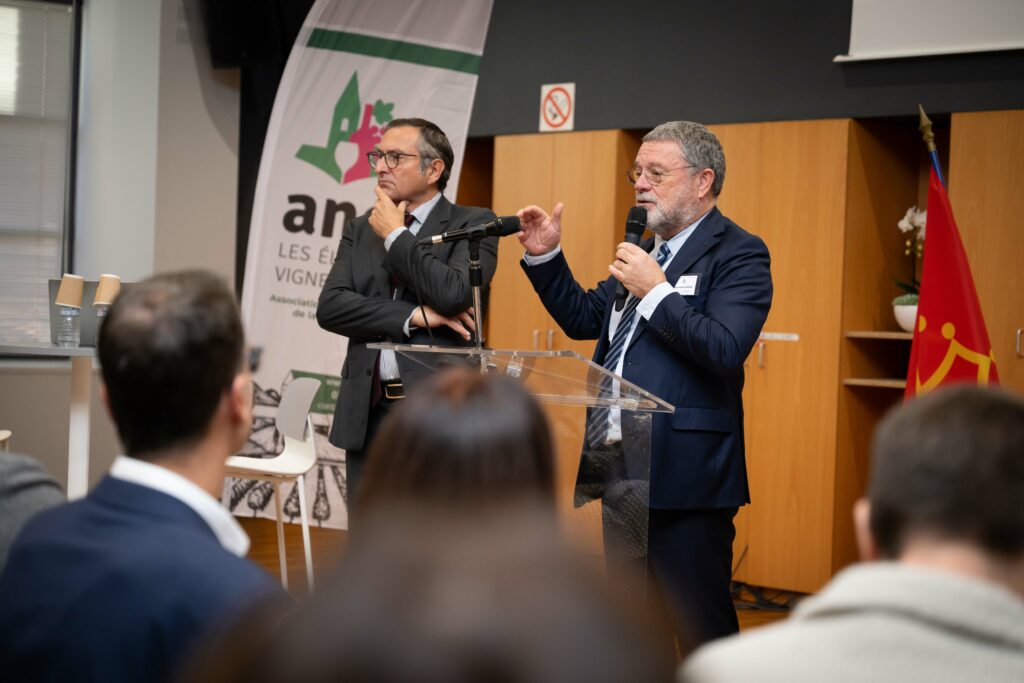
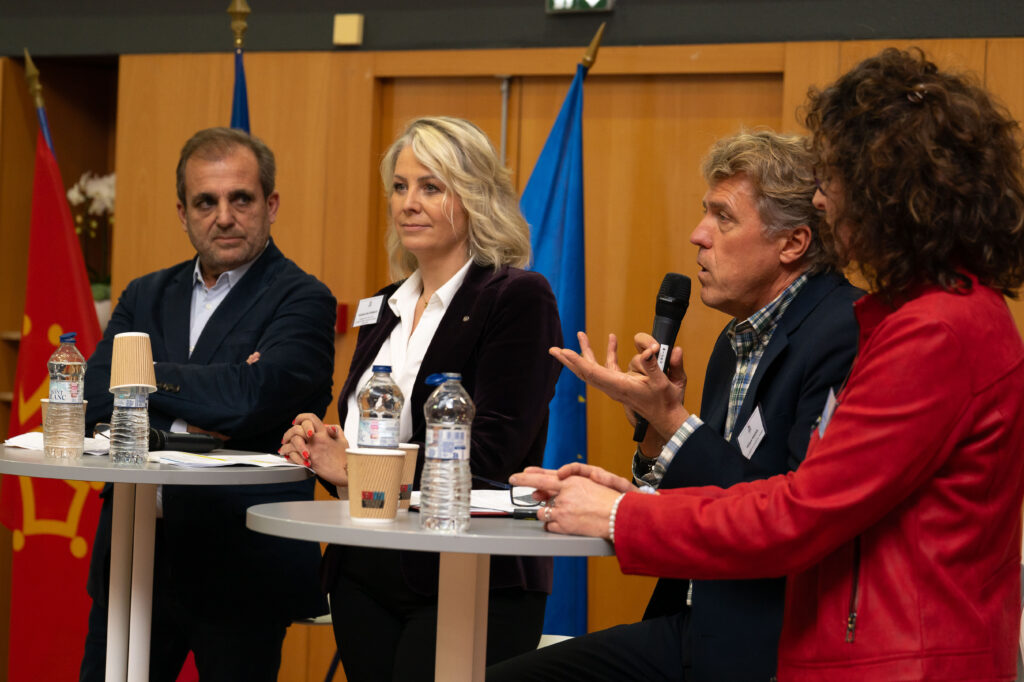
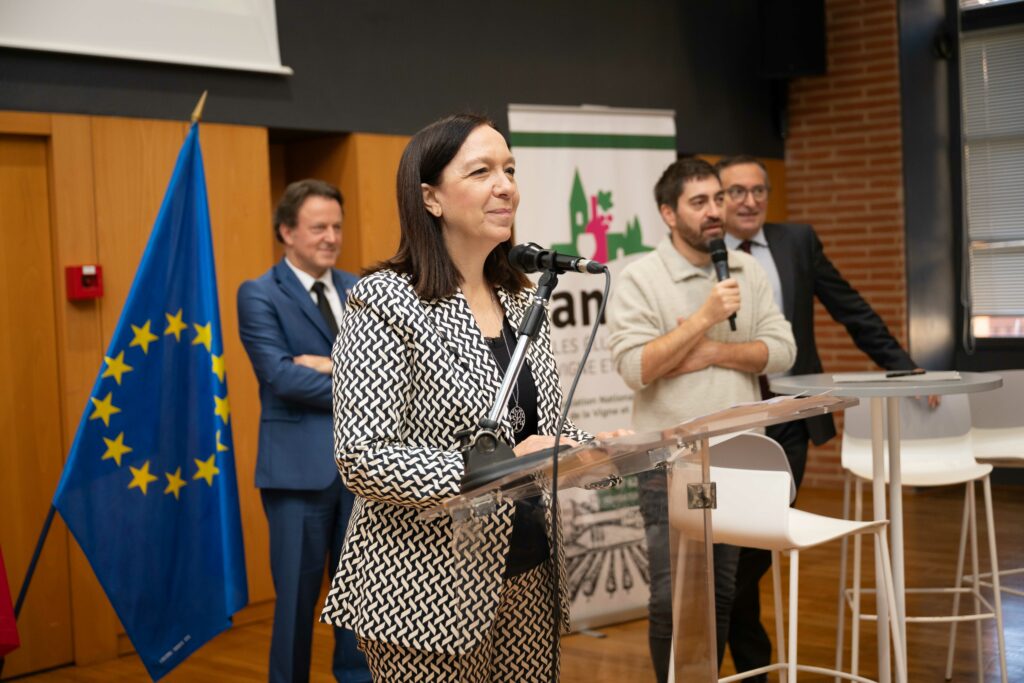
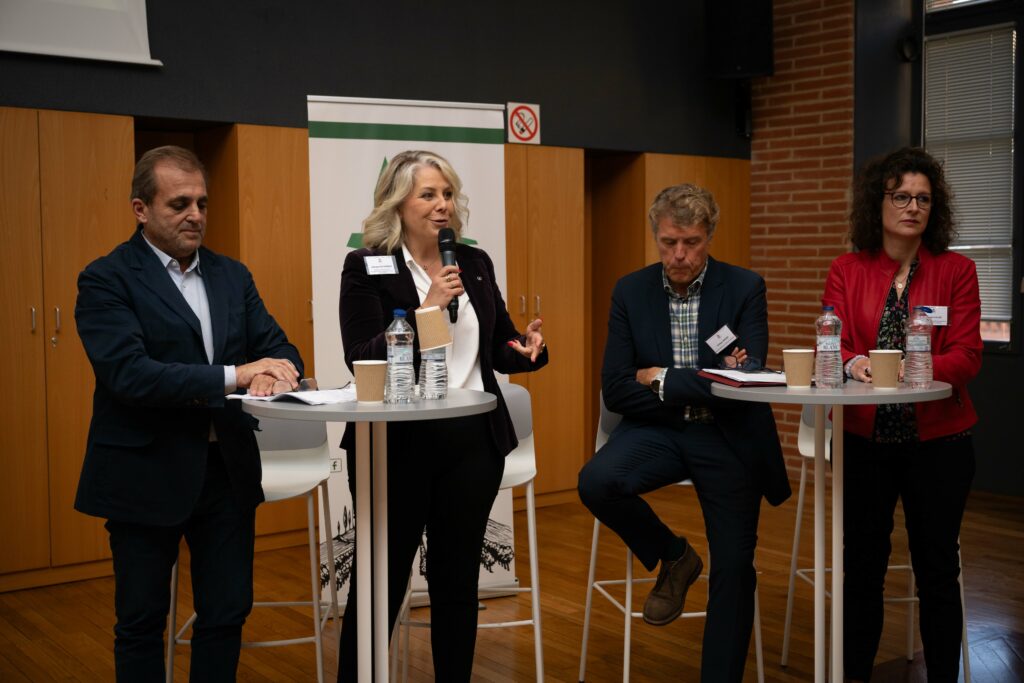
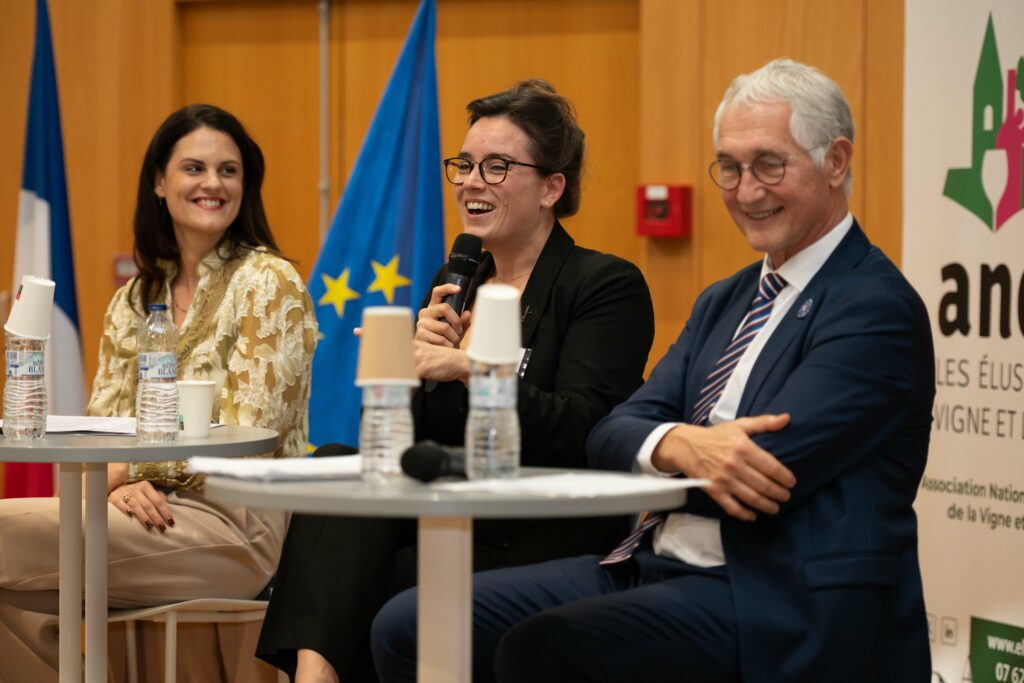
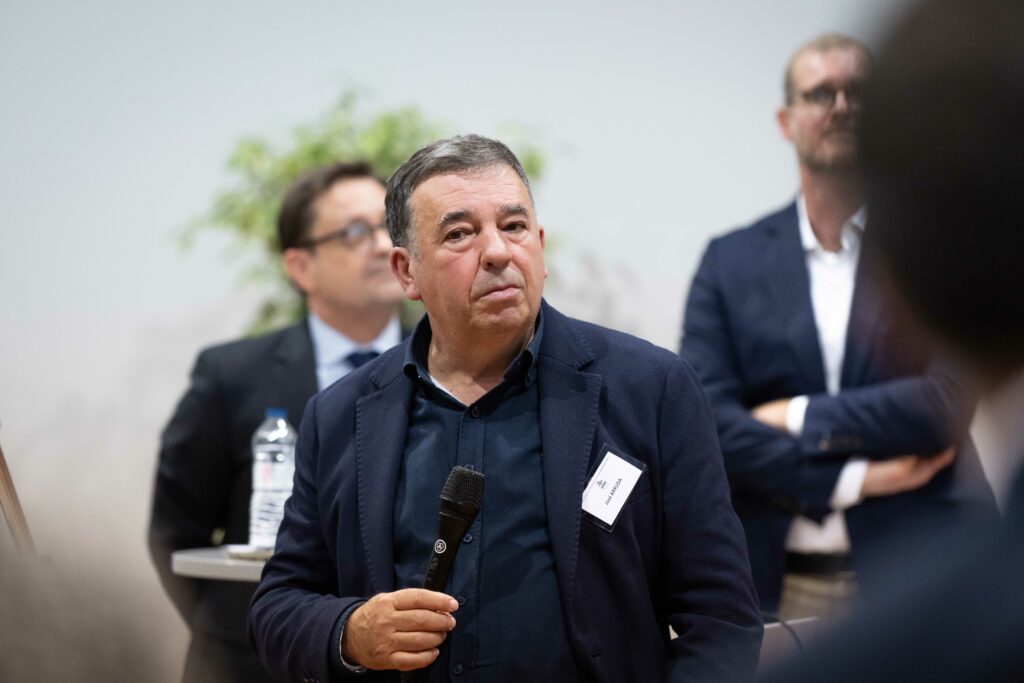
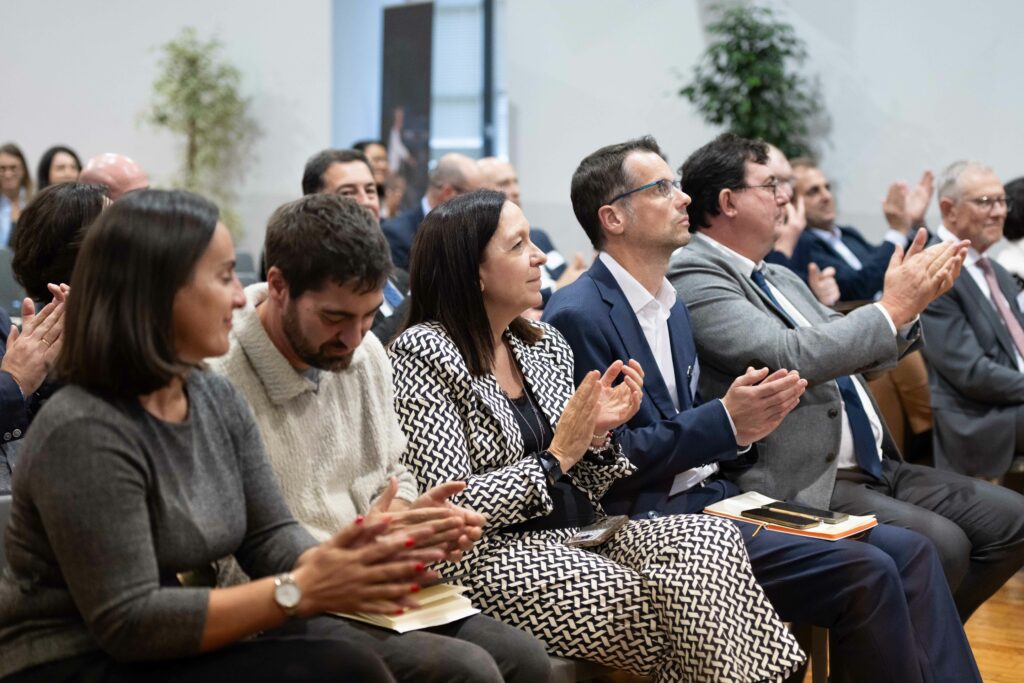
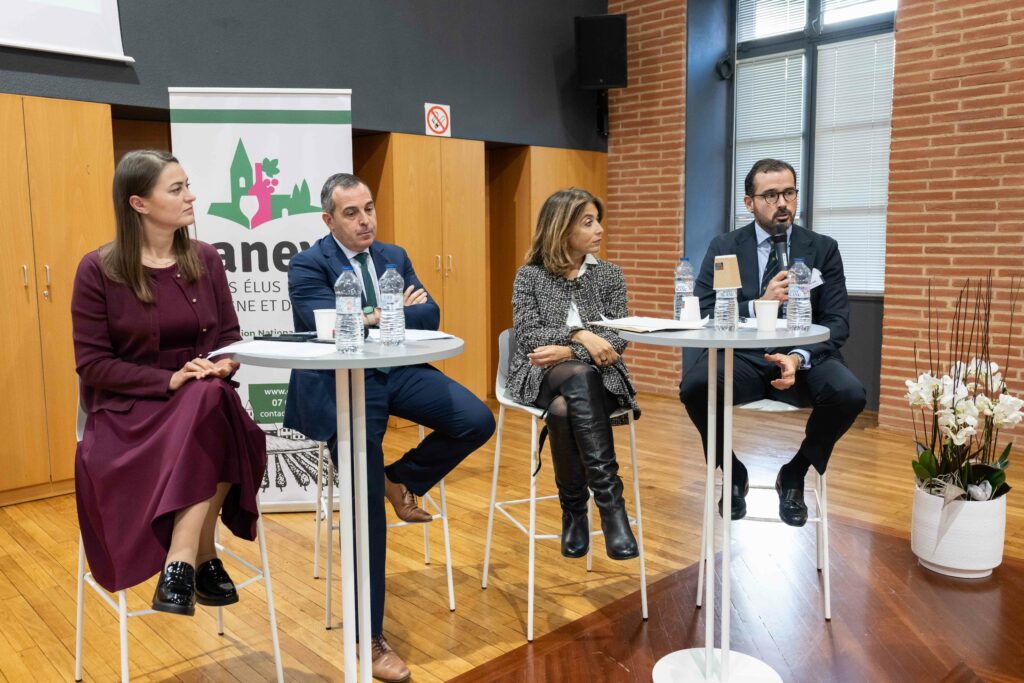
A highlight of the day was the official signature of ANEV’s adhesion to the RECEVIN network — the European Network of Wine Cities. This act marks a new chapter for France, integrating its wine regions into a dynamic European alliance alongside Italy, Spain, Portugal, and other member countries. Rosa Melchor, President of RECEVIN and Mayor of Alcázar de San Juan, welcomed France’s entry, noting that “the Europe of wine is built on shared values — culture, landscape, and cooperation.”
Iter Vitis: A European Vision for the Future of Wine Tourism
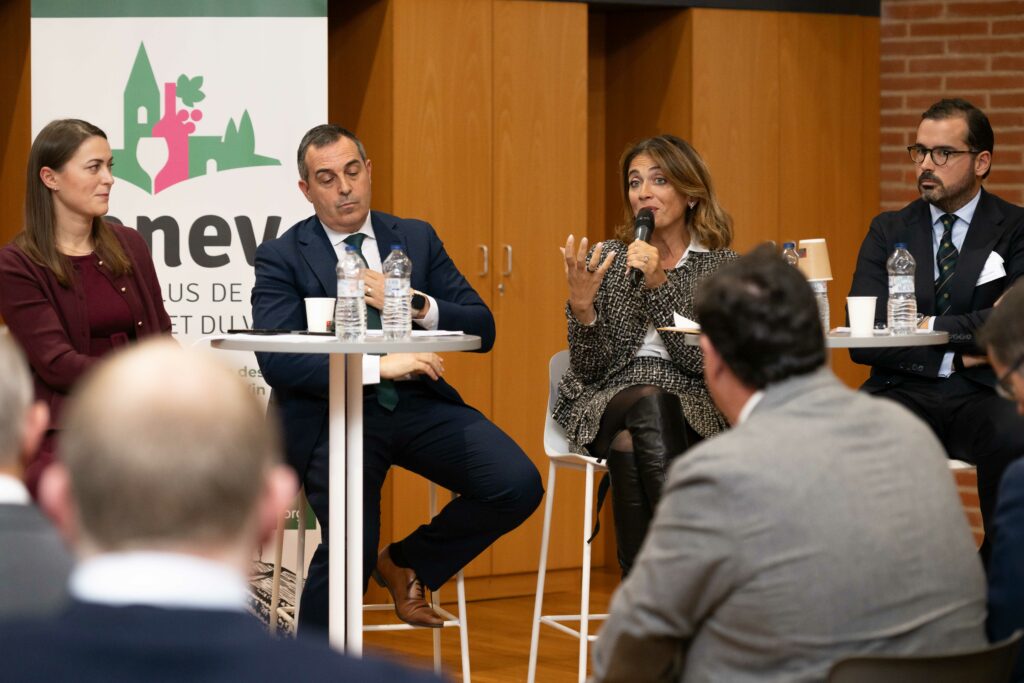
The closing round table, “Beyond French Borders: Wine Tourism through the Eyes of Our European Neighbours,” featured Emanuela Panke, President of Iter Vitis Europe, who brought a strong European perspective to the debate. She underlined how Iter Vitis, as a Cultural Route of the Council of Europe, connects 26 countries through shared heritage, responsible tourism, and cultural diplomacy.
“Wine is not only an economic product,” she reminded the audience, “it is a living culture — a bridge between people, landscapes, and history.”
Under her leadership, Iter Vitis promotes cross-border cooperation and sustainable innovation, reinforcing the idea that wine tourism can serve as a lever for rural development, identity, and education.
Portugal: WOW – World of Wine
Representing Portugal, Bernardo Marquez, General Director of WOW – World of Wine, presented one of the most inspiring examples of innovation and territorial regeneration in Europe.
Located in Vila Nova de Gaia, WOW is a €110 million private investment that has transformed 50,000 m² of former wine warehouses into a dynamic cultural district dedicated to wine, gastronomy, and heritage. The complex includes seven museums, twelve restaurants, and a wine school, illustrating how storytelling and experience can drive sustainable tourism.
WOW has already created over 400 jobs, engaged dozens of local businesses, and contributed to the revitalization of Gaia’s riverside area, combining economic impact, cultural authenticity, and environmental responsibility through the Porto Protocol Foundation, which coordinates its sustainability commitments
Moldova: Education, Innovation, and Storytelling
Representing Eastern Europe, Natalia Turcanu, shared Moldova’s success story with Wine Routes of Moldova— from heritage preservation to international recognition. In partnership with Iter Vitis, Moldova has built a national route linking wineries, museums, and natural landscapes, while integrating storytelling, sustainability, and training programs in higher education.
This approach positions Moldova as a model for emerging wine destinations that combine authenticity and innovation.
Spain: The Power of Structure and Cooperation
From Spain, Guillermo Miró, representing the Bilbao Chamber of Commerce, presented the Spanish network of 38 Wine Routes, a benchmark for public-private cooperation and rigorous quality management.
With regular audits and a strong observatory tracking visitor flows, Spain has set an example in data-driven governance and collaborative brand building. The model emphasizes non-rivalry between regions — proving that unity strengthens visibility and competitiveness.
Europe’s Shared Future: Cooperation, Inclusion, and Learning
Throughout the colloquium, speakers from France, Italy, Spain, Portugal, and Moldova converged on three key ideas:
- Cooperation between territories and actors as the foundation for effective governance.
- Inclusion of all audiences — from locals to international visitors — to make wine tourism accessible and meaningful.
- Training as the engine of professionalization, innovation, and sustainability.
These principles mirror Iter Vitis’ mission to build an inclusive, forward-looking, and culturally rich European wine tourism landscape.
A New Era for France and Iter Vitis in the RECEVIN Network
The adhesion of ANEV to RECEVIN, supported by Iter Vitis, marks a strategic milestone in the European cooperation of wine cities. It unites French territories with their European counterparts under a shared ambition: to make wine tourism a driver of sustainable development, cultural dialogue, and regional identity.
By bringing together voices from Italy, Spain, Portugal, and Moldova, Iter Vitis reaffirms its leadership in shaping the narrative of an authentic, responsible, and united Europe of wine.
